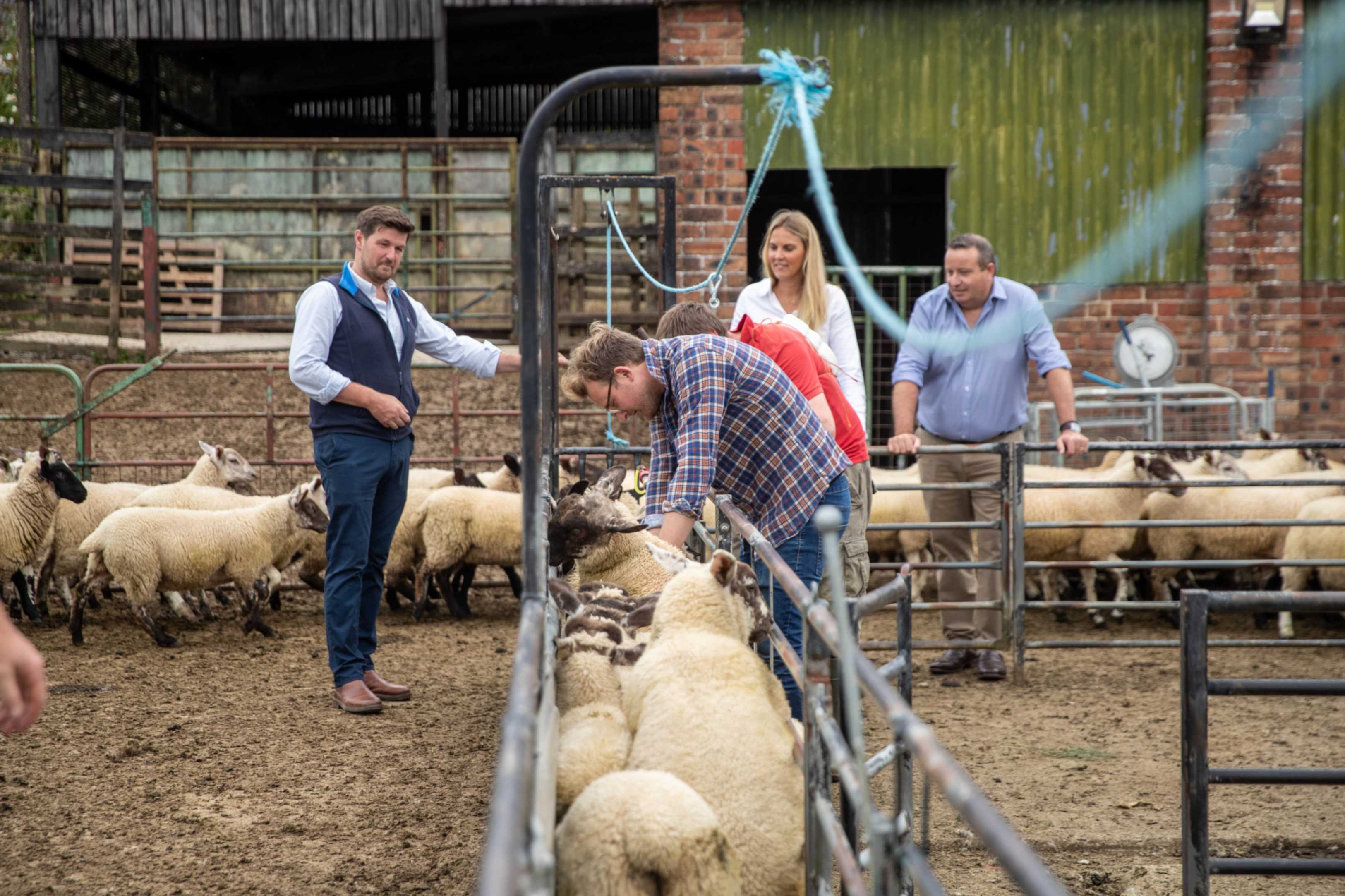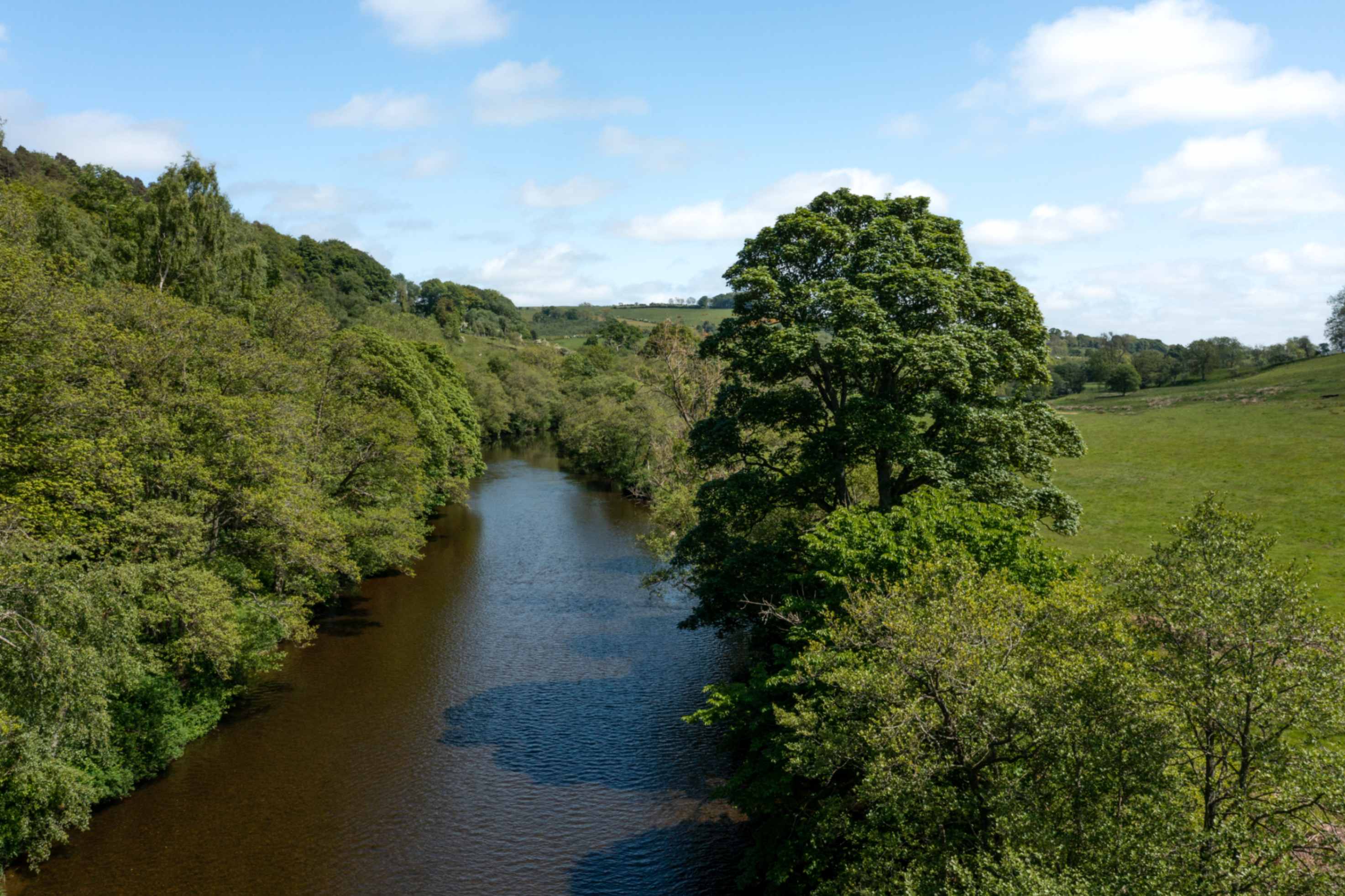The top five things to do this winter
To aid landowners and farmers with their 2025 planning, Knight Frank’s Andrew Martin and Mark Topliff have developed a list of the top five tasks to tick off this winter
3 minutes to read
The last few months have seen vast developments in the political landscape of the rural sector and 2024 might go down as one of the more memorable years in terms of policy changes.
Notwithstanding the policy changes and the subsequent impacts, most of which are yet to be seen, the winter period has always been a good time to do some analysis on the past year and objective and budget setting for the year ahead.
Financial Forecasts
This year, amidst the evolving changes to funding and policy, it seems even more imperative to undertake basic financial forecasts to review cashflow position, project aspirations, and capital or equity available in rural businesses.
In England, Basic Payments Scheme (BPS) will be withdrawn completely by 2027 under current plans.
In the short term, farming businesses will see significant profit gaps due to the rapid reduction of BPS payments, the new carbon taxes on imported fertiliser, and an increase in employers’ National Insurance contributions.
Now is a good time to take a step back, evaluate business performance to find out what is and isn’t working on the farm. Monitor and research what the alternative options are in mitigating this loss in profit.
Andrew Martin, Agri Business Consultant explains: “Get to understand your enterprise margins. If you can, in a spatial way field by field, around your farm. You can then make informed decisions about alternative crops or environmental schemes for areas that are not performing.”

Explore Resources
It is also important to explore all available resources – natural capital market opportunities are often overlooked.
Mark Topliff, Associate and Natural Capital Specialist, emphasises that “natural capital opportunities should be top of the agenda. Any landowner can access them, but which is most suitable will depend on their location and resources.
These opportunities range from carbon credits and nutrient neutrality to biodiversity units.
It is important to fully understand a business and its strategy to ensure any natural capital agreement entered into dovetails its operation, but we see these markets as potential opportunities and a way of future-proofing rural businesses by mitigating the loss of BPS income while also delivering for nature.”

Work with your advisors
Following the announcement of changes to Agricultural Property Relief (APR) and Business Property Relief (BPR), make it a priority to bring in trusted advisors early.
Andrew said “bringing in independent specialists allows the conversation to be mediated and facilitated in a manner that gives everyone a voice. These discussions are useful not only in succession planning but also in formalising areas of responsibility, which can provide clarity moving forward.”
Connect with others
The winter period can be a time of prolonged isolation with fewer social activities to attend. Try and get out to one event to connect with others; they are often good learning experiences that allow those attending to see different perspectives and can be useful when setting business aims and objectives for the year ahead.

Look after yourself
It’s of equal importance for farmers and land managers to look after their own health and wellbeing as it is to carry out business health checks. Take time to enjoy the rural environment and set personal objectives for the year ahead on the ways to maintain or improve wellbeing.
Next steps
If you would like to speak to Andrew and Mark, they can be contacted at andrew.martin@knightfrank.com and mark.topliff@knightfrank.com. Further insight and case studies on sustainable farming, natural capital, environmental schemes and legislation can be found in The Rural Report Autumn Winter Edition 2024/25 and on our blog Rural Matters.